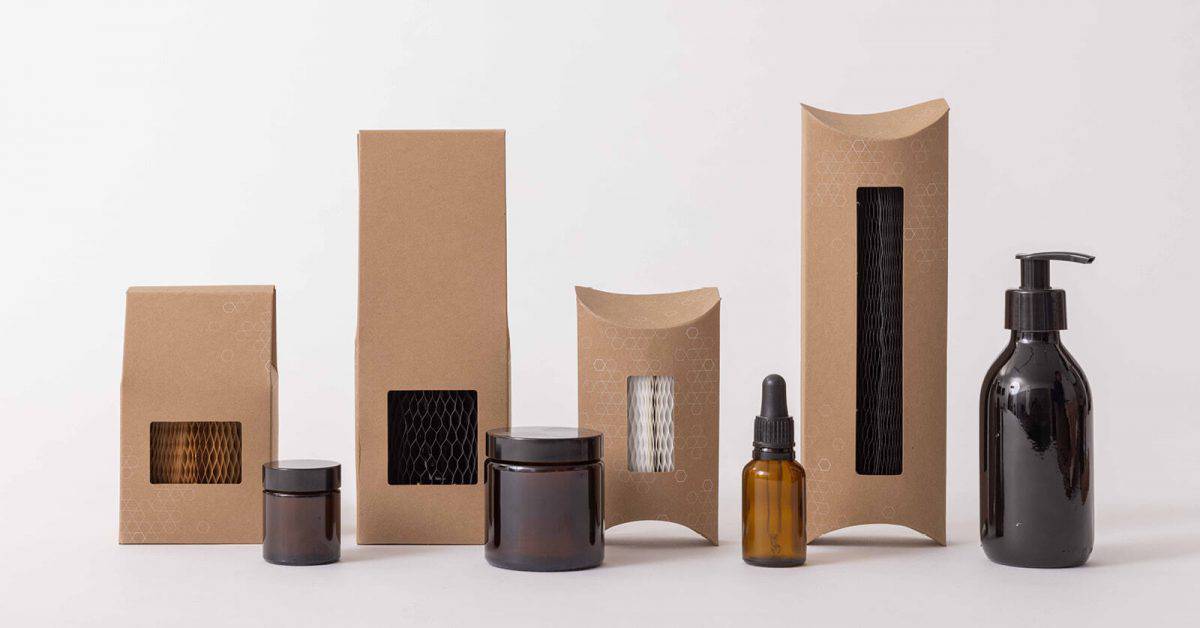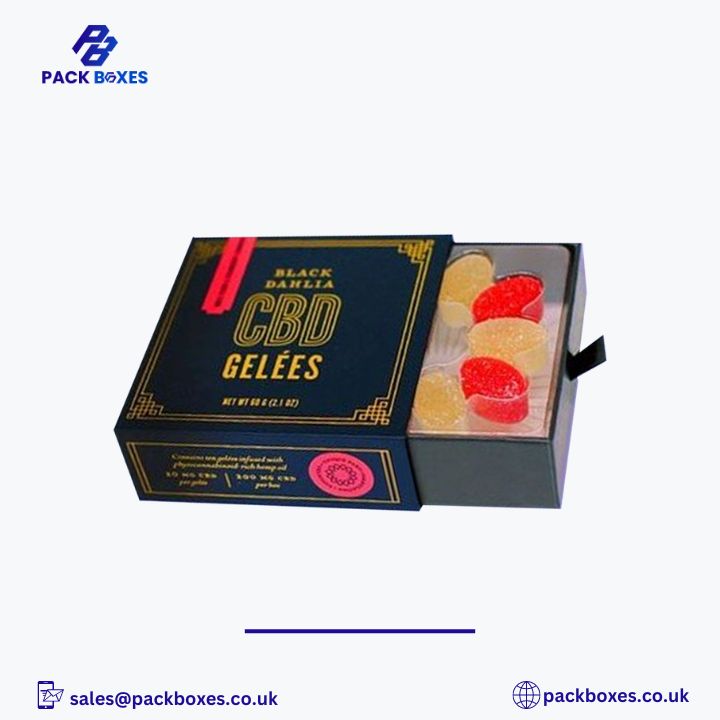Walk down any high street or scroll through beauty influencers on social media, and you’ll see it—skincare shelves overflowing with trendy serums, moisturisers, and eye creams in glossy packaging. But behind all the glitz and glam lies a major concern: sustainability. As customers become more conscious of what goes on their skin—and what happens after the bottle’s empty—the beauty industry is facing some big questions.
So, what does it take to truly be sustainable in the beauty world? Is it just about using natural ingredients? Or is there more to the story?
Let’s dig in.
Why Sustainability in the Beauty Industry Matters
The global beauty industry generates over 120 billion units of packaging each year, most of which ends up in landfills. From plastic containers and pumps that can’t be recycled to excessive boxing and wrapping, it’s clear that something needs to change.
But sustainability isn’t just about packaging. It stretches from sourcing raw materials all the way to a product’s end-of-life impact. Whether it’s water use, chemical waste, emissions from transport, or the ethics of ingredient harvesting, sustainability touches every part of the beauty supply chain.
And here’s the kicker—consumers are paying attention. A recent survey revealed that over 70% of beauty buyers in the UK prefer brands that make eco-friendly choices. So, for companies in this space, being green isn’t just good ethics—it’s good business.
Step 1: Rethink Your Ingredients
One of the easiest places to start is at the beginning—your ingredients. Are they derived from sustainable sources? Are they biodegradable? Do they require high energy to produce?
Here are a few tips:
- Go natural, but responsibly: Just because something’s natural doesn’t mean it’s sustainable. Palm oil, for instance, is natural but has been linked to deforestation. Choose certified suppliers.
- Use upcycled ingredients: Some companies are now using fruit peels, coffee grounds, or even wine grape leftovers in their products.
- Be transparent: Let your customers know where your ingredients come from and why you chose them. Transparency builds trust.
Step 2: Sustainable Packaging Is Non-Negotiable
This is the big one. Packaging plays a massive role in a product’s environmental impact, especially in the beauty sector. That’s where bold innovations like Custom Skincare Boxes in UK come in handy.
Here’s what sustainable packaging might look like:
- Recyclable Materials: Ditch the mixed plastics and go for single-material designs.
- Biodegradable or Compostable Options: Think bamboo, paperboard, or cornstarch-based plastics.
- Refillable Designs: Many UK brands are now offering refills instead of whole new containers.
- Minimalist Aesthetics: Less is more. Cut down on unnecessary inserts, pamphlets, and layers.
Companies using Custom Skincare Boxes in UK are now able to tailor eco-friendly packaging that not only protects the product but also showcases brand values. Whether it’s kraft paper with soy ink or corrugated boxes printed with water-based dyes, sustainable can still be stunning.
Step 3: Choose Ethical Manufacturing Partners
Even if your product and packaging are sustainable, how they’re made also matters. Work with partners that follow ethical labour practices, use renewable energy, and reduce water waste in production.
In the UK, many manufacturers are shifting toward solar-powered facilities, greywater reuse systems, and closed-loop manufacturing to limit waste.
And don’t forget transport. Local production helps reduce your carbon footprint. So if you can source or manufacture nearby, do it.
Step 4: Educate Your Customers
You can’t do this alone. Your customers play a huge role in your sustainability journey. That’s why it’s important to inform them on how to properly dispose of or reuse the packaging, how long products last, or why you’ve made specific ethical choices.
Some beauty brands now print QR codes on their Custom Skincare Boxes in UK to direct buyers to an online hub filled with sustainability tips and product info.
Step 5: Reduce Waste Across the Board
Every step in the product lifecycle has waste potential—from leftover ingredients in production to excess materials in packaging and even overproduction of inventory.
Some ways to cut back:
- Batch production: Helps reduce overstock and expiry issues.
- Sample sizes: Offer smaller sizes or trial kits to reduce waste.
- Donation programs: Send unsold products to charities rather than dumping them.
Step 6: Get Certified (and Actually Mean It)
Greenwashing is a real problem. Just slapping “eco-friendly” on a label doesn’t make it true. If you want customers to take your sustainability efforts seriously, consider third-party certifications.
Some reputable ones include:
- B Corp Certification
- Cruelty-Free (Leaping Bunny)
- Vegan Society
- Soil Association Organic (UK-specific)
These labels help prove your brand’s credibility and commitment.
Step 7: Innovate and Keep Evolving
Sustainability isn’t a one-and-done deal. It’s a journey that evolves with science, technology, and consumer expectations.
Keep an eye on:
- Waterless formulations: Think solid shampoo bars or powdered cleansers.
- Carbon offsetting tools: Help balance the emissions from production and delivery.
- Smart labelling: NFC chips or barcodes that store product lifecycle info.
Stay agile, keep learning, and adjust as the industry and environment change.
Real-Life Examples from the UK Beauty Scene
Let’s take a peek at a few UK-based beauty brands doing it right:
- UpCircle Beauty: Known for their circular approach, using leftover coffee grounds and chai spices to create skincare. Their packaging? Almost 100% recyclable or refillable.
- BYBI: These guys run a low-carbon beauty lab in London and use sugarcane-derived bioplastics.
- Beauty Kitchen: Pioneers of the “return, refill, repeat” model with clearly marked sustainable packaging.
And all of them use some form of Custom Skincare Boxes in UK, proving that eco-packaging can be innovative and premium.
Conclusion
Sustainability in the beauty industry isn’t just a passing trend—it’s becoming the standard. And for good reason. From ethical ingredient sourcing and eco-conscious packaging to thoughtful waste management and customer education, there are countless ways for brands to reduce their environmental footprint.
If you’re a beauty brand in the UK looking to make a genuine impact, start small but smart. Partner with trusted suppliers, consider Custom Skincare Boxes in UK, and put purpose before profit. Your planet—and your customers—will thank you for it.
10 Frequently Asked Questions (FAQs)
1. What are custom skincare boxes and why are they important?
Custom skincare boxes are specially designed packaging solutions tailored for skincare products. They’re important because they protect the product, boost brand identity, and—when made sustainably—reduce environmental harm.
2. How can packaging affect sustainability in the beauty industry?
Packaging often ends up in landfills due to plastic and non-recyclable components. Sustainable packaging like cardboard, glass, and refillable systems can drastically reduce this waste.
3. Why should I choose Custom Skincare Boxes in UK instead of generic packaging?
Custom Skincare Boxes in UK give your brand a unique look while allowing you to use eco-friendly materials. It also supports local businesses, cutting down carbon emissions from international shipping.
4. Are biodegradable packaging materials reliable for beauty products?
Yes, as long as they’re well-designed. Materials like kraft paper, cornstarch bioplastics, or bamboo can be durable and attractive while being eco-conscious.
5. What makes a skincare product truly sustainable?
Sustainable skincare involves ethical sourcing of ingredients, eco-friendly packaging, minimal waste production, and clear communication with consumers.
6. Is it expensive to switch to sustainable packaging?
Initially, yes—it may cost slightly more. But in the long term, it saves on bulk materials, increases customer loyalty, and reduces environmental compliance costs.
7. How do I find suppliers for Custom Skincare Boxes in UK?
You can reach out to local packaging companies that specialise in eco-friendly custom solutions. Many now offer low-minimum orders and design services.
8. Can I still use attractive designs on sustainable packaging?
Absolutely. Eco doesn’t mean boring. With water-based inks, embossing, and innovative printing, your packaging can still be premium and eye-catching.
9. What should I include in my sustainability strategy?
Include ingredient sourcing, production ethics, waste reduction, packaging, customer education, and a long-term vision for reducing your brand’s carbon footprint.
10. How can customers recycle or reuse skincare packaging?
Educate them! Use QR codes, infographics, or printed guides. Encourage them to rinse out containers, return them, or repurpose boxes and jars for other uses.
If you’re ready to move toward a greener future, start by rethinking the way your brand packages beauty. And remember, Custom Skincare Boxes in UK aren’t just a trend—they’re the first step to something much bigger.
Need sustainable packaging? PackBoxes Ltd has got your back.







